Have you ever wondered how something as simple as drinking water can impact your health? Believe it or not, staying hydrated plays a crucial role in keeping your blood pressure in check. It might seem surprising, but the connection between hydration and blood pressure is fascinating and important. Blood pressure normally rises and falls throughout the day, but it can damage your heart and cause health problems if it stays high for an extended period. Hypertension, also called high blood pressure, is blood pressure that is higher than normal. In this blog post, we'll explore how proper hydration can support your cardiovascular health and help you manage hypertension:
Regulating blood volume: It’s a well-known fact that dehydration can cause blood volume to decrease. This drop can cause blood vessels to constrict, which can result in an increase in blood pressure. What is lesser known is that overhydration can lead to an increase in blood volume, which can also raise blood pressure; this is particularly true in individuals with kidney or heart conditions.
Maintaining electrolyte balance: Dehydration leads to an imbalance of electrolytes such as sodium and potassium, which are responsible for regulating blood pressure. Insufficient fluid intake can lead to sodium retention, resulting in a potential increase in blood pressure. Being adequately hydrated resets the sodium-potassium balance in the body, helping blood vessels relax and reducing blood pressure.
Adjusting hormonal response: Dehydration can activate the RAAS, a complex hormonal system that causes the vessels to vasoconstrict and retain sodium, both leading to an elevation in blood pressure.
Altering vascular health: Severe dehydration leads to arterial stiffness, which is a contributing factor to hypertension. Sufficient water intake helps maintain the elasticity of blood vessel walls and aids in healthy blood circulation.
Maintaining optimal kidney function: Dehydration can impair kidney functioning and lead to fluid retention, which in turn increases blood pressure. Optimal hydration ensures that excess sodium is expelled by the kidneys, which can otherwise lead to high blood pressure.
Lifestyle changes to incorporate if you have hypertension
Opt for a heart-healthy diet - Include more whole grains, fruits and vegetables, lean proteins, and low-fat dairy products. Potassium-rich foods such as bananas, sweet potatoes, spinach, and oranges are all great for managing your blood pressure. Just like any dietician will tell you in general, it’s best to limit sodium, sugars, and saturated fats.
Incorporate exercise into your daily life - Make movement part of your daily routine by incorporating 30 to 60 minutes of brisk walking, cycling, swimming, or any cardio activity! Some physicians may also recommend adding strength training sessions to your exercise regimen depending on other health factors.
Aim for a healthy body weight - If you are overweight, focus on losing weight in a healthy and sustainable fashion. Losing even 5-10% of your body weight reduces the load on your heart and can reduce your blood pressure. Bonus: staying hydrated can help with weight loss as well.
Just Say No to tobacco - Smoking is linked to high blood pressure, damaged blood vessels, plaque buildup, and inflammation. Quitting smoking improves overall cardiovascular health and allows blood pressure to return to more normal levels. That said, it’s not easy to kick an addiction. The American Heart Association has a list of resources to help here.
Keep stress at bay - Manage your stress levels by making quality time for family and friends, picking up a new hobby, or practicing meditation and mindfulness.
Stay optimally hydrated - Sufficient fluid intake is key to maintaining good vascular health. Ensure you consume water and other healthy liquids such as soups, water-rich fruits, etc. While dehydration can cause a host of health-related problems, those with kidney or heart-related conditions need to be careful about overhydration, as that can also result in high blood pressure.
How can a smart water bottle help?
Customize your hydration goals - Consult your physician and develop a water intake goal based on your health parameters. With the HidrateSpark app, you can set a goal manually or calculate one based on height, weight, activity levels, and other related parameters.
Schedule & track your water intake - Set regular glow reminders at regular intervals to help you meet your water intake goal. HidrateSpark’s advanced SipSense technology calculates the amount of liquid consumed to ensure optimal hydration throughout the day. With glow reminders, you don’t have to think about how much or little water you’ve had, you just have to sip when you’re reminded!
Syncs with fitness apps - The HidrateSpark hydration system syncs with popular health apps such as Fitbit, Apple Watch, and Google Fit so that you can analyze your daily, weekly, and monthly progress and adjust your hydration goal and schedule if needed.
This year, prioritize your health with HidrateSpark’s advanced hydration system. Browse the collections and pick the one that best suits your needs and lifestyle!
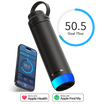
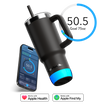
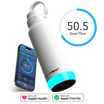

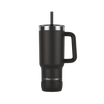

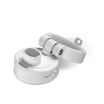
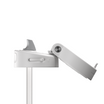
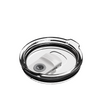
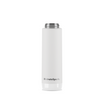
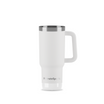
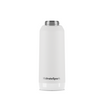
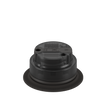
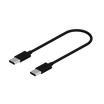

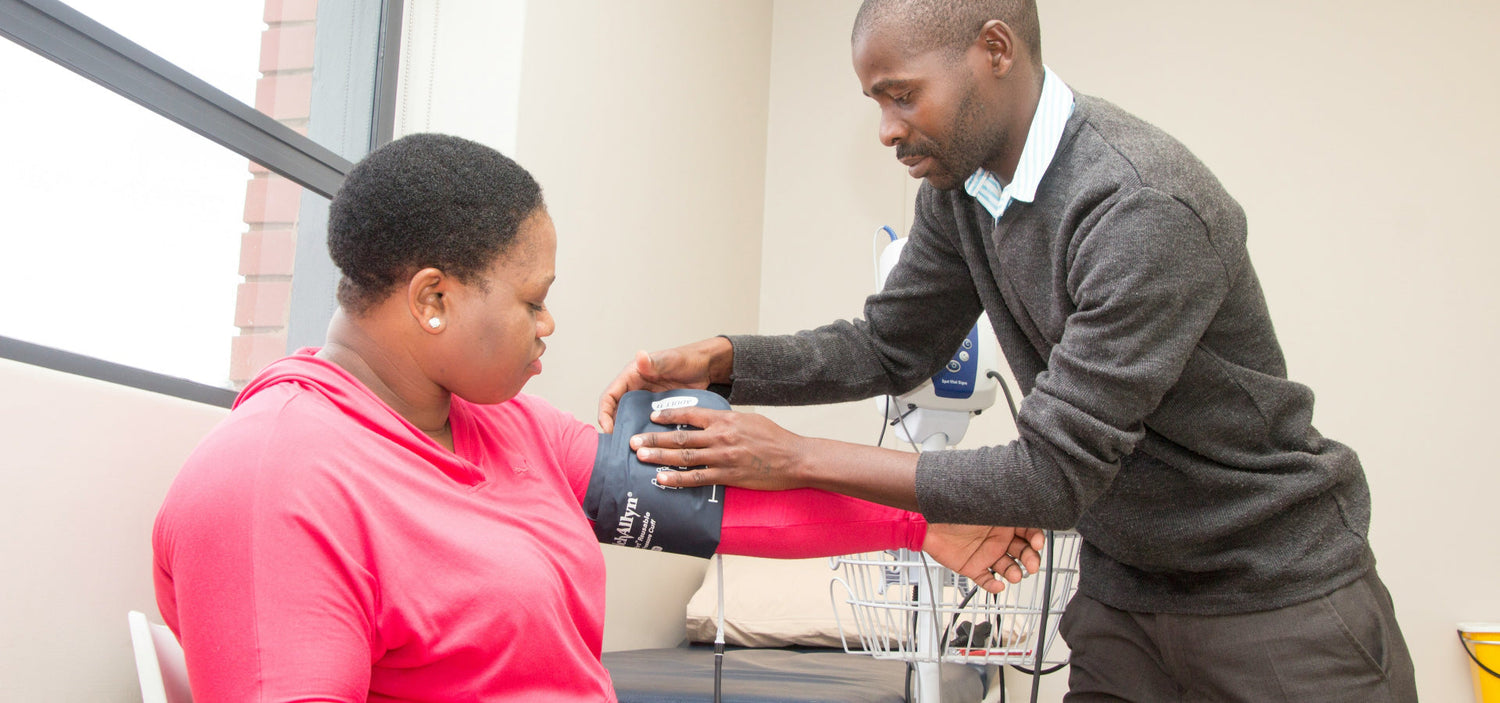
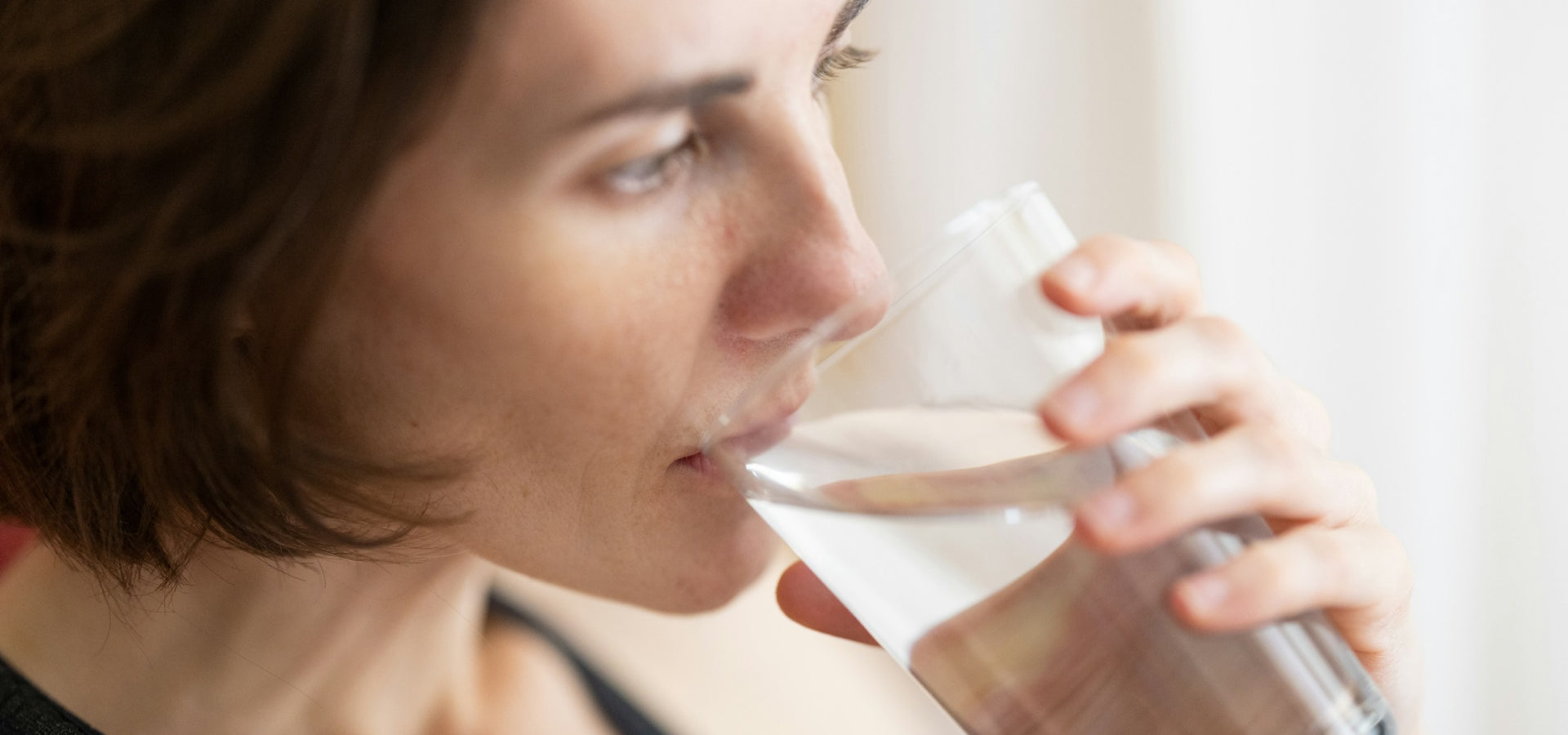
Leave a comment
This site is protected by hCaptcha and the hCaptcha Privacy Policy and Terms of Service apply.